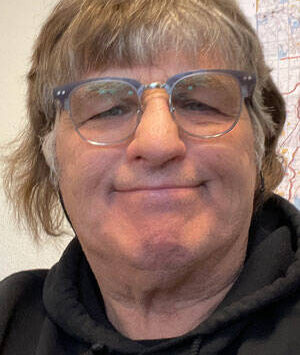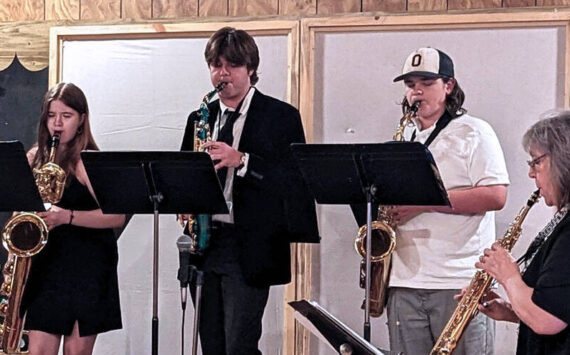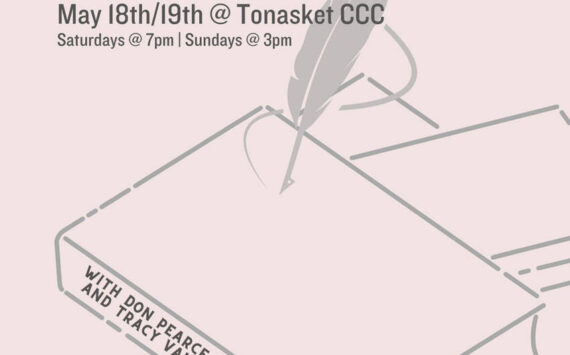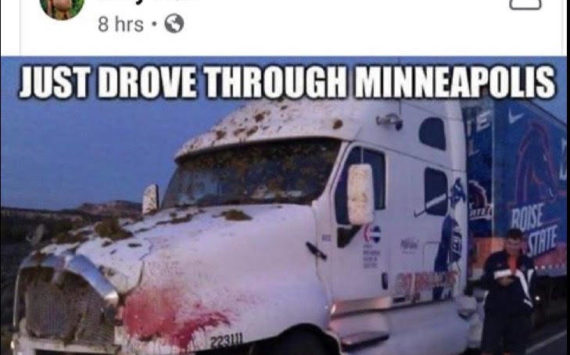Need answers
Colleen Sherlock was found dead over two months ago underextremely suspicious circumstances. She was found in the back seat of herburned car located behind a small hill off the Havillah Rd. just outside ofTonasket. There was no sign of a car going off the highway or over the side ofthe hill. The car had to have been driven there and burned.
This happened between 10 and 10:30 PM on Feb. 25. The carcould not be seen from the road but the copious black smoke attracted theattention of a nearby resident who reported it. Tonasket firemen respondedthinking it was a tire fire, but when they found the car with a body theycalled the police. Police came, checked it out and had the car and the bodyremoved by 8 a.m. the next morning, leaving car parts strewn around. No tapewas ever put around the accident site. The sheriff’s office questioned severalfriends of Colleen’s and each was done by a different investigator.
The only information that the sheriff’s office has put outwas at the time of the incident. It stated that the car was found and the bodyin it was Colleen’s. They also mentioned that no foul play was in question.Nothing has been said since. Her family and friends do not believe this for oneminute. She was murdered and we expect a full investigation and justice to bedone. If this had been a drug addict, a transient or even an animal, therewould have been newspaper articles every week. Is there still an investigationor has it been dropped?
Colleen’s family and friends, as well as the entirecommunity, deserve an answer. As in every small town, rumors are flying. Pleasehelp us!
Ann Figenshow
Tonasket
Mediation can help
At the last meeting with the County Commissioners regardingthe Draft Comprehensive Plan, the concept of mediation was proposed to helpresolve what seem to be serious disagreements among residents of this county.Several people refused the concept, believing that mediation meant they wouldhave to ‘negotiate their property rights!’ I can understand people not wantingto do that. Mediation doesn’t have that kind of power – it can’t take awayanyone’s property rights. It seems to me it would take an act of law to changethe current rights of property owners. I also understand that many people areafraid about their livelihoods, the future they can offer their children andthe economic future of this area. I understand, from personal experience, howhard it is to make a good living in agriculture in this area and am grateful toevery family that continues to do that – it’s hard work.
Mediation is intended to bring people together, to work outan agreement. It builds on how we already agree with each other and makes surethat the each side really hears and understands what the other is saying, asopposed to the current ‘Us against Them’ situation that we have now.
We have some serious issues that need to be addressed as welook toward the future of our county. For example, some interesting, andfrankly scary information was presented at the Commissioners’ meeting regardingwater in the county that demands we take responsibility in how we use thisessential resource, for our children’s sake.
Why would anyone be afraid of mediation, if the intent isfor us to come together, as the neighbors that we are, to work out a plan themeets of all of our needs?
Mary Minton
Tonasket
Direct democracy
The elections of fall 2010 have long beenover, and the new members of Congress have been in their seats since January.Nevertheless, it still appears that there are openly hostile relations betweenvarious members of Congress and the two political parties as a whole. Thiscomes at the expense of the great citizens of this fine country, who want andneed to be more involved with the decision making of our nation, above andbeyond merely voting for those who will make all of the decisions, which isvery little power indeed.
We must remember that a functionaldemocracy, at least in the USA, must invite everyone to join in the process ofdomestic governmental decision-making, and at least initially, will require atransition from a representative democracy to a direct democracy. This kind ofgovernmental evolution would end, or at least substantially impede, thebureaucratic paralysis and voter anger/apathy that has been present in oursociety for the past few decades.
High-level politicians must remember thatan elected and divided government whose members are constantly bickeringamongst themselves, while ignoring the will of the people, cannot forever last.
Ray Gattavara
Auburn, Washington






